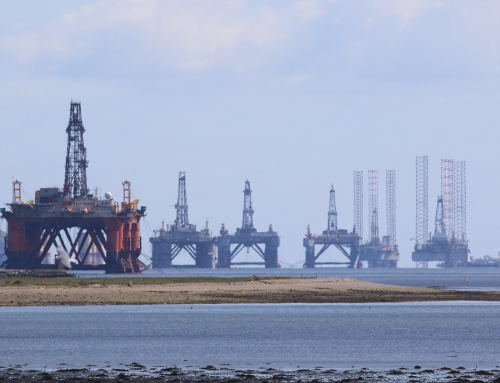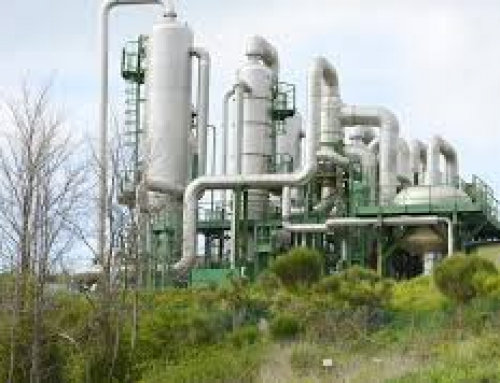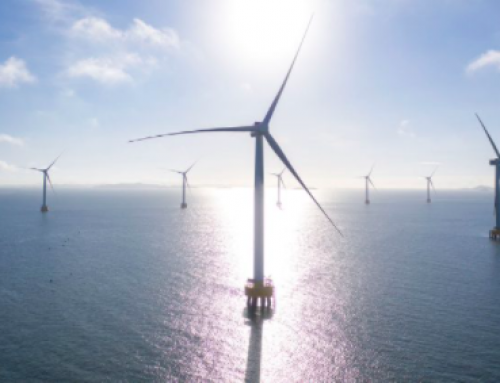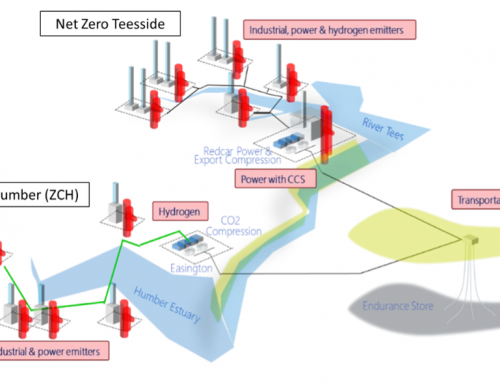Concerns about the viability of the US shale gas industry have surfaced regularly over the last few years. It is heavily indebted and loses money, critics say, and is going to come to a sticky end. But then it doesn’t, the critics are silenced and the industry continues as before.
So when on 24 June an audience of petrochemical and gas industry executives in Pittsberg was told that the shale revolution had been a disaster for shale gas producers its members may have been tempted to stifle a yawn. Except that the speaker, Steve Schlotterbeck had until 2018 been CEO of EQT and had led the company to be the largest producer of natural gas in the USA.
“The shale gas revolution has frankly been a unmitigated disaster for any buy-and-hold investor in the shale gas industry with very few limited exceptions”, he said, adding:
“In fact, I am not aware of another case of a disruptive technological change that has done so much harm to the industry that created the change. While hundreds of billions of dollars of benefits have accrued to hundreds of millions of people, the amount of shareholder value destruction registers in the hundreds of billions of dollars”.
There is much to support these claims. Since 2013 EQT’s total annual shareholder return has dropped 50 per cent whereas the S&P 500 index has increased 50 per cent. There have been losses in two of the last five years such that the net income over the last five years is negative. These figures are not unique to EQT, which operates mainly in the Marcellus shale in Pennsylvania. Of the eight major shale gas drillers in this area, seven saw stock prices fall between 40 and 95 per cent since 2008, according to Mr Schlotterbeck. Only one, Cabot Oil and Gas, has seen its stock rise, whereas “since 2015 there have been 172 exploration and production company bankruptcies involving nearly a hundred billion dollars debt”.
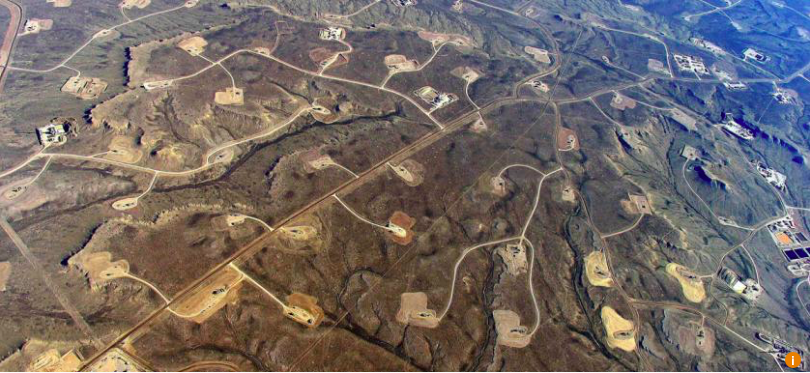
A shale gas field, courtesy www.ucsusa.com
The US petrochemical industry executives would have listened carefully because they are planning large investments in chemical and plastics plants near Pittsberg based on the availability of cheap gas. These industries depend in particular on wet gas, or gas with ethane and components other than just methane, which is available from the Marcellus. UK-based INEOS might also have been listening as it has been shipping ethane in the form of liquefied natural gas (LNG) to its petrochemical plants in Europe since 2016, and most recently to Grangemouth in Scotland.
The shale gas industry has turned the USA into the largest natural gas producer in the world and from an importer to an exporter. It has, as Mr. Schlotterbeck says, given benefits in jobs and cheap gas to millions of people – including himself (he resigned from EQT last year partly, he admits, because he was offered a compensation package only worth $9.3 million when he wanted $10.3 million).
But why do people continue to invest? Do they expect the industry to act like a manufacturing plant that, once set up and optimised, can churn out profits with little extra investment? Or do they see it like a traditional exploration play which is a gamble but one that pays well when it pays off? Shale gas is neither because it does not pay well and, given the fast decline rates of the wells, there is the need to drill and frack new wells continually to maintain production. At the same time questions about the health and emissions impact of the industry do not go away.
In keeping the price of an essential commodity low, the US seems to have achieved through market forces what a socialist economy would have dreamed of. Something must give eventually, but when?

